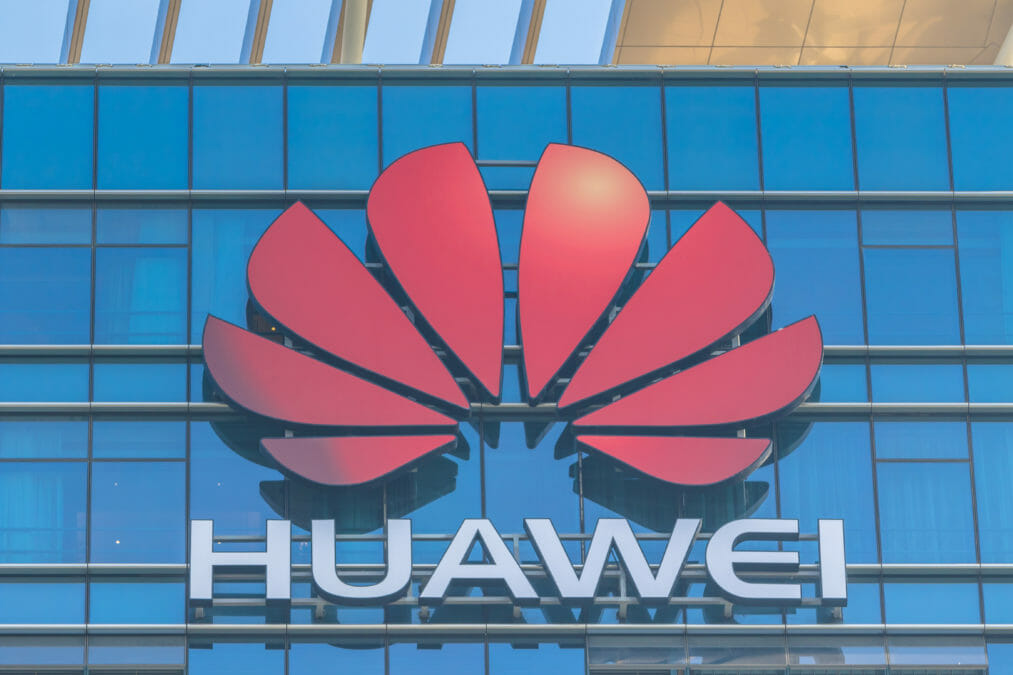Following much deliberation, the UK government has made the decision to remove Huawei equipment from 5G networks by the end of 2027, as well as banning the purchase of any new equipment from the Chinese manufacturer.
Culture secretary Oliver Dowden announced that the ban will be made law under an upcoming Telecoms Security Bill, and stated that the National Cyber Security Centre (NCSC) had “significantly changed their security assessment” of Huawei’s presence in UK 5G networks.
The government has acted on the advice of the NCSC, but acknowledged that the decision will set 5G roll out throughout the country back by two to three years, and could increase costs by up to £2 billion.
How the UK can speed up 5G infrastructure deployment: necessary to innovate and compete in the global market
Ed Brewster, spokesperson for Huawei, commented: “This disappointing decision is bad news for anyone in the UK with a mobile phone. It threatens to move Britain into the digital slow lane, push up bills and deepen the digital divide.
“Instead of ‘levelling up’ the government is levelling down and we urge them to reconsider. We remain confident that the new US restrictions would not have affected the resilience or security of the products we supply to the UK.
“Regrettably our future in the UK has become politicised; this is about US trade policy and not security. Over the past 20 years, Huawei has focused on building a better connected UK. As a responsible business, we will continue to support our customers as we have always done.
“We will conduct a detailed review of what today’s announcement means for our business here and will work with the UK government to explain how we can continue to contribute to a better connected Britain.”
Julian David, CEO of techUK, has backed the country to be a global leader in technology for years to come.
“High quality and resilient 5G networks are essential to supercharge a levelled-up economic recovery. Today’s decision, particularly on the timeframes, strikes the right balance between resilience and ensuring that the UK can maintain its position as a 5G leader.
“Pace is now key; the faster we can deploy these networks, the faster our regions, businesses and consumers can benefit from the step-change that 5G can deliver.
“Therefore, the Government must ensure that it makes strategic and ambitious investments into OpenRAN technology and a National Telecoms Lab to diversify the telecoms supply base and continue to seek the best that global technology can offer.”
A ban on Huawei equipment being implemented into the 5G’s most sensitive parts was made back in January.
Effects on UK 5G providers
According to Neil Campling, head of TMT at Mirabaud Securities, has stated that 5G providers in the UK, in particular Vodafone, will not be derailed by the removal of Huawei equipment.
5G shift to result in productivity boost worth over £150 billion — Vodafone
“Vodafone has said it would cost billions to rip out and replace Huawei and it would delay the rollout of 5G. Andrea Dona, Vodafone UK’s head of networks, said a Huawei ban would cost Vodafone ‘low-single-figure billions’ to swap out its thousands of Huawei stations and antennas across the country, according to Bloomberg. This certainly feels like an exaggeration,” he said.
“In February 2019, Vodafone had decided to pause any further developments of Huawei in the core across Europe. The company had decided to replace Huawei in the areas deemed sensitive, such as the core, across Europe over a five-year timeframe, at a cost of approximately €200 million. Vodafone have long argued for understanding the distinction between sensitive core and non-sensitive RAN (radio access networks).
“Industry returns are low, and Vodafone has said it cannot simply justify a large acceleration of capex to swap out modern 4G networks. This would lead to a delay for 5G rollouts, as it reprioritises capex. But for 5G future capex, there would be plans to develop growth capex plans across the core and RAN networks, so this should not be quite as big a deal as it sounds.
“Looking at Vodafone’s capex, at the group level it spent €5.2 billion on capex in FY20. If we use a simple calculation of breaking down capex according to individual country service revenue, then we would get to an annual UK capex spend in the region of €550 million. In FY20, for example, Vodafone spent €2 on maintenance and €1.50 on capacity for every €1 spent on new coverage.
“So the idea ripping out Huawei in the UK would cost billions and billions seems sensationalist and perhaps, politically charged. Overall, today’s statement is a watered down risk relative to expectations and Vodafone is well positioned to navigate its way around policy changes. We remain buyers of Vodafone.”










